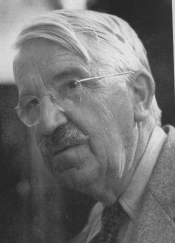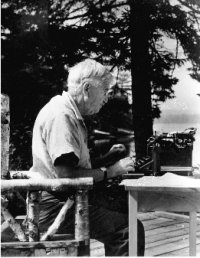Center for Dewey Studies
The Center for Dewey Studies is the home of research, publishing, and outreach that focus on the life, work, and legacy of the American philosopher and educator John Dewey.
Information
-
Dewey Center Reading Group
The Center for Dewey Studies hosts a Reading Group on works by and about John Dewey and related figures and topics. The meetings are hybrid, in person at the Center and via Zoom. Please email DeweyCenter@SIU.edu if you would like to join the group and receive emails about future meetings.
In Fall 2025, the reading group will focus on Reconstruction in Philosophy.

-
Join our Email List
You can sign up for our mailing list for announcements by sending an email or by visiting the SIU Listserv website.
-
Collection Access
Please consult the John Dewey Research Guide for information about Critical Editions and Archival Collections. For questions concerning access to the SIU Archival Collections, including the John Dewey Papers, Photograph Collection, and Personal Library, please visit the Special Collections Research Center website. The Dewey Center also holds a small number of archival materials.
-
Planning to visit the Center?
The Center for Dewey Studies is located in the Morris Library on the Basement Level. After entering the library, head down one level and look for signs pointing towards the Center.
Plan Your Trip

